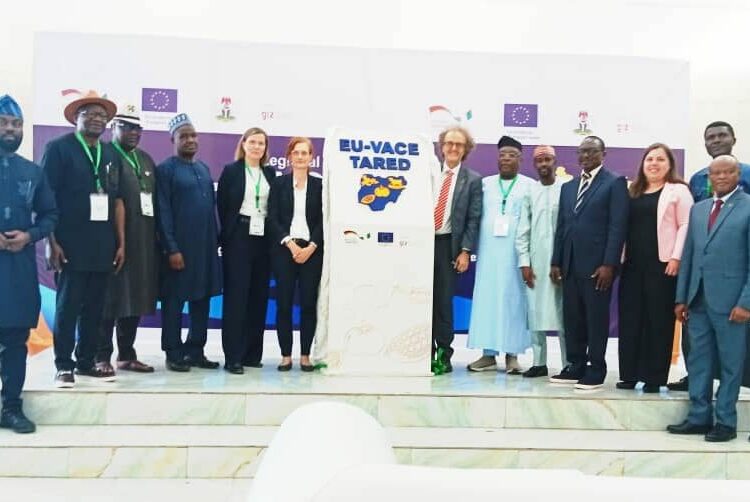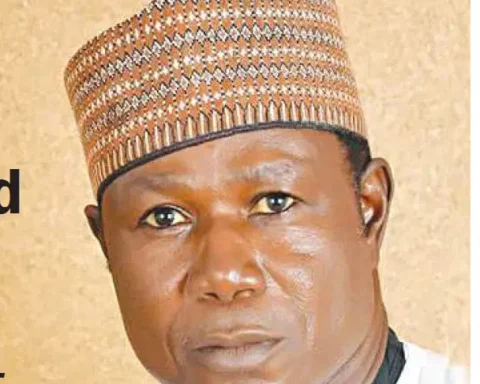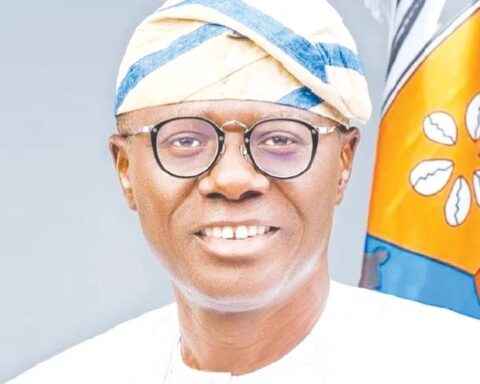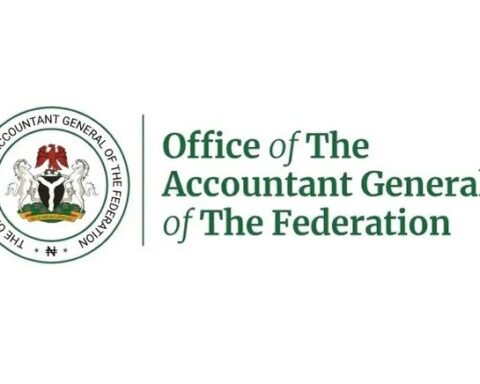The European Union (EU) and German government on Wednesday in Jos commissioned an agriculture project, bringing key federal and state government stakeholders to Plateau.
The project, Agriculture Value Chain Facility and Transformative Agricultural Systems for Rural Economic Development, (EU-VACE TARED), aims at strengthening key value chains and the development of climate smart Agriculture.
Speaking during the event, Gov.Caleb Mutfwang of Plateau, said the commissioning marked a renaissance for Plateau’s dairy industry, recalling its World War II history of milk collection and supply to West African forces.
Mutfwang, who welcomed all delegates to the state, expressed optimism that EU, German, and local partnerships would drive Nigeria towards dairy self-sufficiency.
The governor, who was represented by Dr Sunday Akpa, the Commissioner for Livestock and Development, noted that Plateau had made progress in vegetable, grass, and livestock feed production.
Mr Massimo De Luca , Head of Cooperation at EU Delegation to Nigeria and ECOWAS, said that the initiative aimed to drive sustainable growth in Nigeria’s agricultural sector while enhancing cooperation between Europe and Nigeria.
De Luca explained that beyond ginger and tomato, the dairy and cocoa sectors were vital to Nigeria’s economic growth and to promoting bilateral trade with Europe.
He said the EU and its partners were committed to supporting farmers with improved genetics, animal health, feed, and cooperative financing models through dairy hubs nationwide.
“We are in Plateau today focusing on dairy and also seeing great enthusiasm among stakeholders to grow this sector sustainably,” he stated.
The EU envoy said that partnerships with GIZ, the European Investment Bank, and Nigerian banks would make funding accessible to farmers and cooperatives.
He described the Bank of Agriculture (BOA) as a key ally, capable of catalysing finance and vision across agricultural sectors, including dairy and tomato value chains.
Also speaking during the event, Dr Andrea Ruediger, Head of Programme ,EU- VACE TARED said the project was a strategic partnership between Nigeria, the EU and Germany to transform selected agricultural value chains into more productive, inclusive, sustainable and commercially viable systems.
Ruediger said the project aimed to boost food security and local processing of agricultural commodities, promote youth, women and small-holder farmer inclusion in agribusiness and value chains.
She added that it would also facilitate access to finance, improving value‐addition, reducing post-harvest losses, and supporting climate resilience in farming.
There were exhibitions of products by farmers, and also, a panel of discussion was held during the event.



























